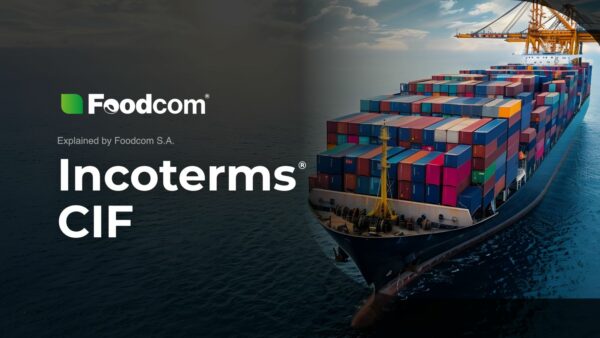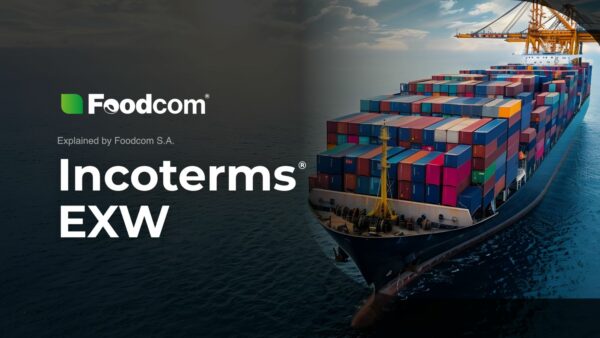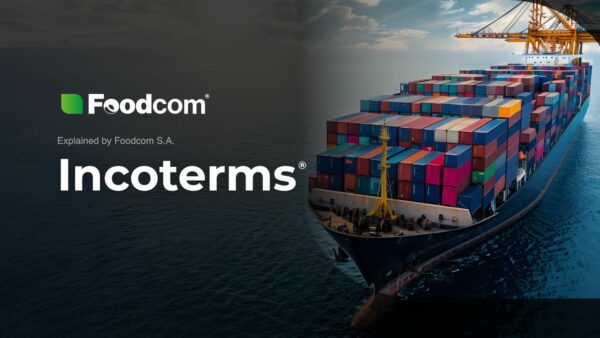Container – what is it?
A container is a standardized cargo unit used to store, transport, and protect goods and commodities. Made primarily from durable materials such as steel or aluminium, containers ensure the safe transit of products across long distances, whether by sea, rail, or road. Their design and structure allow for easy handling, stacking, and storage, making them an integral part of global trade and supply chains.
Most common questions
1. What types of containers are commonly used in the food, feed, and industrial sectors?
In these sectors, various containers might be employed depending on the nature of goods. Common types include dry storage containers for general cargo, refrigerated containers (or “reefers”) for perishable goods, open top containers for oversized cargo, and tank containers for liquids or gases.
2. How does Foodcom S.A. ensure the quality and safety of containers?
Foodcom S.A. prioritizes quality and safety in its operations. The company typically conducts regular inspections, ensures containers meet international standards, and collaborates only with trusted shipping and logistic partners. For food and feed items, particular attention is given to cleanliness and temperature control, safeguarding the integrity of the products.
3. Why is container standardization essential in global trade?
Container standardization simplifies and streamlines international trade processes. Uniform dimensions and specifications mean containers can be easily stacked, stored, and transported across different modes of transport (ships, trains, trucks) and through various ports and terminals without needing specialized handling equipment for each different type.
4. How does containerization impact costs?
Containerization can lead to significant cost savings. By facilitating bulk transport, reducing the need for repackaging, minimizing damage and losses, and speeding up loading and unloading processes, containers allow for more efficient and cost-effective trade operations.
5. Can containers be tracked during transit?
Yes, modern containers often come equipped with tracking technologies. This allows companies like Foodcom S.A. and their customers to monitor the real-time location and status of their shipments, enhancing transparency, security, and planning in the supply chain.





